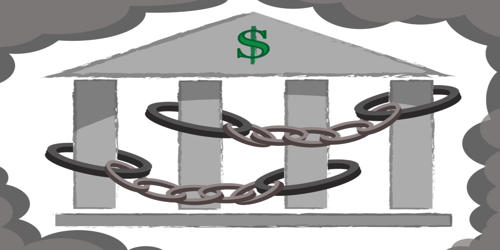Side Job is a job undertaken in addition to one’s main occupation, as a supplementary source of income. A side job also called a side hustle is an additional job that a person takes in addition to their primary job in order to supplement their income. It is any type of employment undertaken in addition to one’s full-time job. It provides additional income while offering the flexibility to complete work outside of the traditional 9-to-5 hours.
Side jobs may be done out of necessity when one’s income from their main job is insufficient to support them, or simply out of a desire to earn more income. It is generally freelance or piecework in nature, providing a supplemental income. Working a side job can also, informally, be called moonlighting, usually when it is performed after normal working hours. They are often things a person is passionate about, rather a day a typical day job worked in order to make ends meet. A side job can be a full-time job, a part-time job, or a freelance job, and a person can hold more than one side job. It is not the same as a part-time job. While a part-time job still entails someone else calling most of the shots, a side hustle gives you the freedom to decide how much you want to work and earn.
Examples of Side jobs – Selling clothing, Freelance writing, Teaching online courses, Tutoring or coaching, Photography services, House Cleaning, General labor or warehouse work, Providing delivery services, Brand ambassador, or product demonstrator, Survey taking, etc.
A side job is a work completed outside of one’s day job, and therefore the work tends to take place during evenings, on weekends, or during vacation breaks. In the modern-day, side jobs have been gaining in popularity in America due to stagnating wage growth that has not kept up with the rising cost of living, with nearly a third of those with side jobs requiring them to stay afloat as of 2019. Additionally, nearly half of all Americans report having a side job, including 43 percent of full-time workers. However, the most common reason workers take on side jobs is to obtain additional disposable income.
A side job can offer you the opportunity to explore your passions or pursue your dream job, without sacrificing the steady paycheck of a day job. It is a job undertaken in addition to one’s main occupation, as a supplementary source of income. Not only does a side hustle provide an injection of extra cash flow to your bank account, but it can also help to boost overall life satisfaction.
















